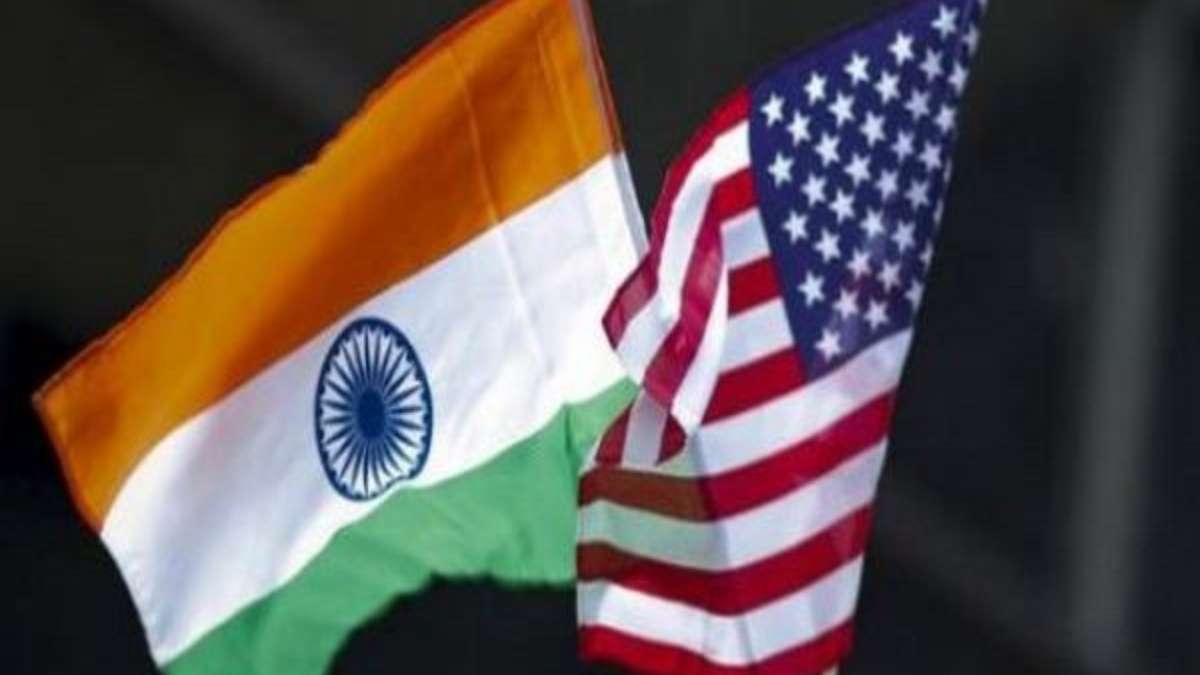
[ad_1]

Ashley Tellis, an eminent Indian-American expert at the Carnegie Endowment for International Peace, recently remarked that the relationship between India and the United States was bound to deepen as long as China posed a threat to both countries.
Speaking to an audience in Washington this week, Tellis said, “This (India-US) relationship is destined to deepen as long as China remains out there as something that both countries will have to manage.”
He also said that the coming years will not see a deepening of ties between the two countries, but also between both societies. Notably, the US in recent times has focused on strengthening relations with India, one of the world’s fastest-growing economies, amid tensions with China.
It is worth mentioning the relations between Washington and Beijing have become increasingly fraught lately over issues including trade, climate change, the South China Sea, Taiwan and the COVID-19 pandemic. The two nations have been locked in an escalating trade spat since early 2018, raising import tariffs on each other’s goods.
India’s relations with China also nosedived significantly following the fierce clash in the Galwan Valley in June 2020 that marked the most serious military conflict between the two sides in decades.
“So, in some sense, success is fated; simply because the structural factors will not give us the luxury of pulling apart. …There’s a caveat though, and the caveat should also remind us about the contingency of that success. Should things happen to China, this relationship could also go in other directions, right? So the structural factors work both ways,” Tellis said.
Tellis further remarked that both Indian and American societies will be intertwined in terms of labour mobility and technology, although divergences will exist in values and interests sometimes. He also warned that the Indian diaspora is more divided than at any time in the past.
“You didn’t care what the politics of individual Indian Americans was. Today, I fear that the cleavages in the diaspora are becoming more and more pronounced and in years to come may not be as unified as I’ve seen them in the past,” he added.
India-China relations
The eastern Ladakh border dispute, which started in May 2020, severely strained relations between India and China. The Indian and Chinese troops have been engaged in an over three-year-long conflict in certain friction in eastern Ladakh even though the two sides completed their disengagement from a number of regions after protracted diplomatic and military talks. Notably, India has been consistently maintaining that peace and tranquillity along the LAC were key for the normalisation of overall ties.
India has called on China repeatedly to observe international norms and respect the sovereignty and territorial integrity of other countries.
At the recent Shanghai Cooperation Organisation (SCO) event, External Affairs Minister Dr S Jaishankar took an apparent dig at China, when he said that countries should work together to promote stability and prosperity in the region by strictly adhering to the principles of international law, respecting the sovereignty and territorial integrity of each other and encouraging economic cooperation.
India and China’s strained relationship has been fueled by recent Chinese provocations, including releasing the 2023 edition of its “standard map”, staking a claim over Arunachal Pradesh, Aksai Chin region and denial of visas to Indian athletes in the Hangzhou Asian Games.
India recently overtook China as the world’s most populous nation and the two are rivals in computers, steel-making, space exploration and other high-tech fields.
(with inputs from agencies)
ALSO READ | US President Biden, China’s Xi Jinping agree to meet on sidelines of APEC summit in November
[ad_2]
Source link